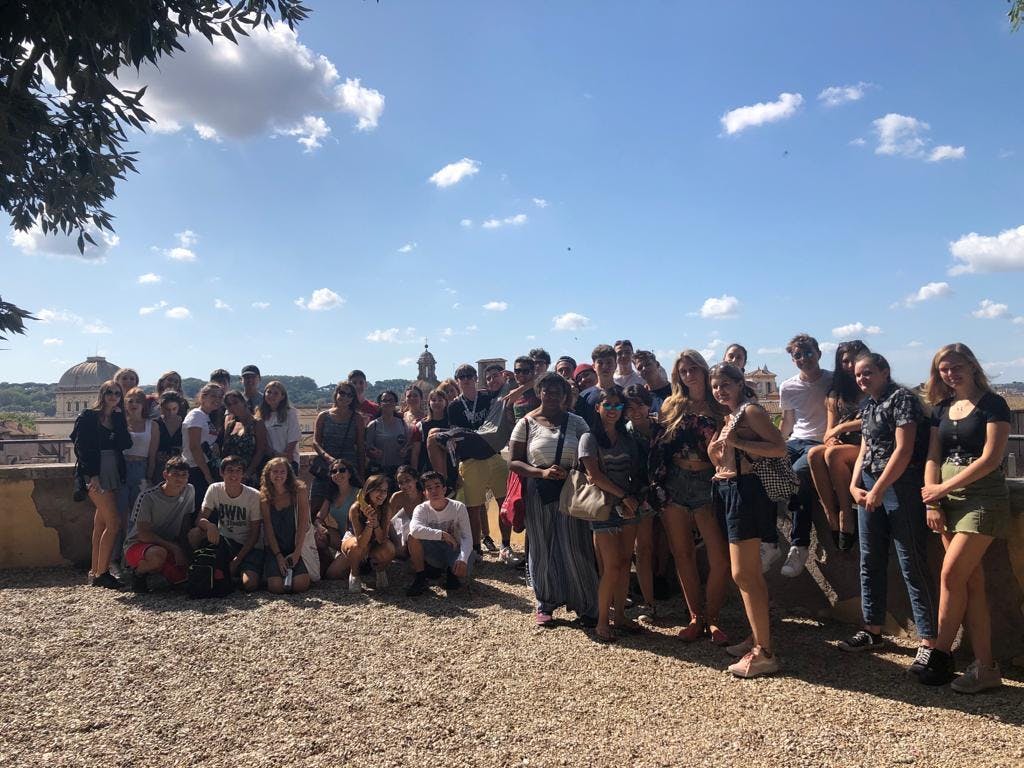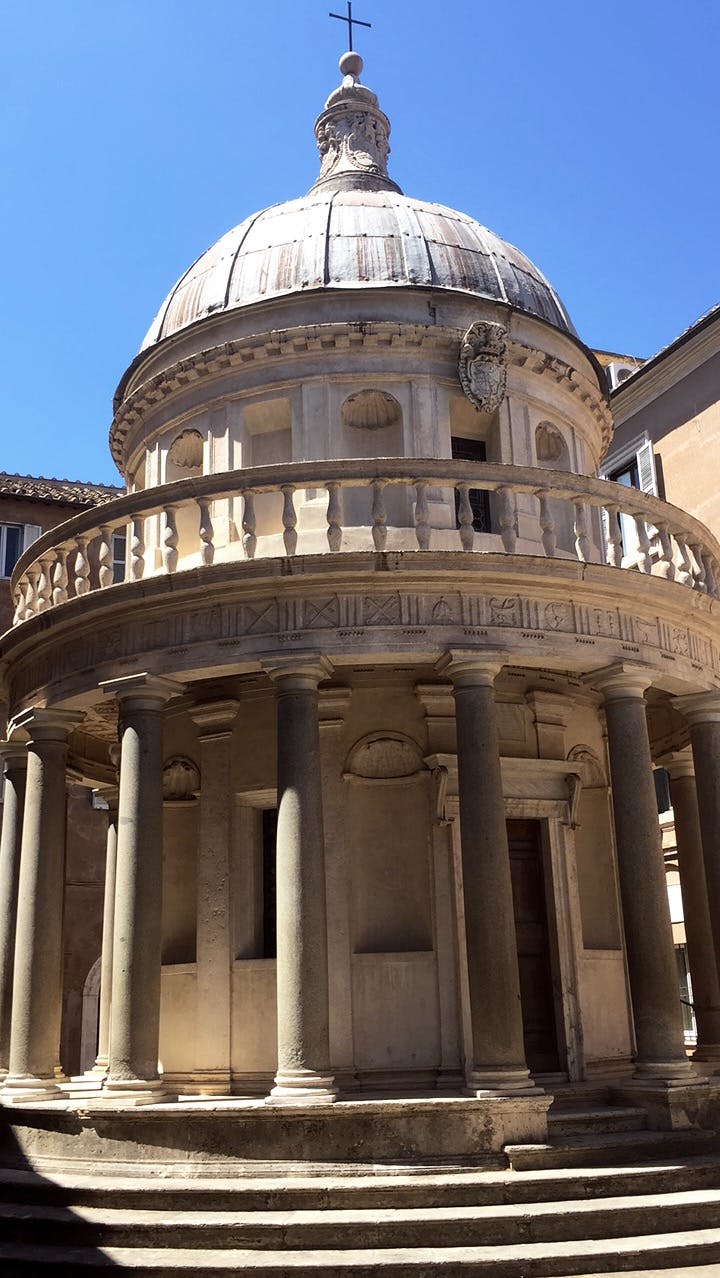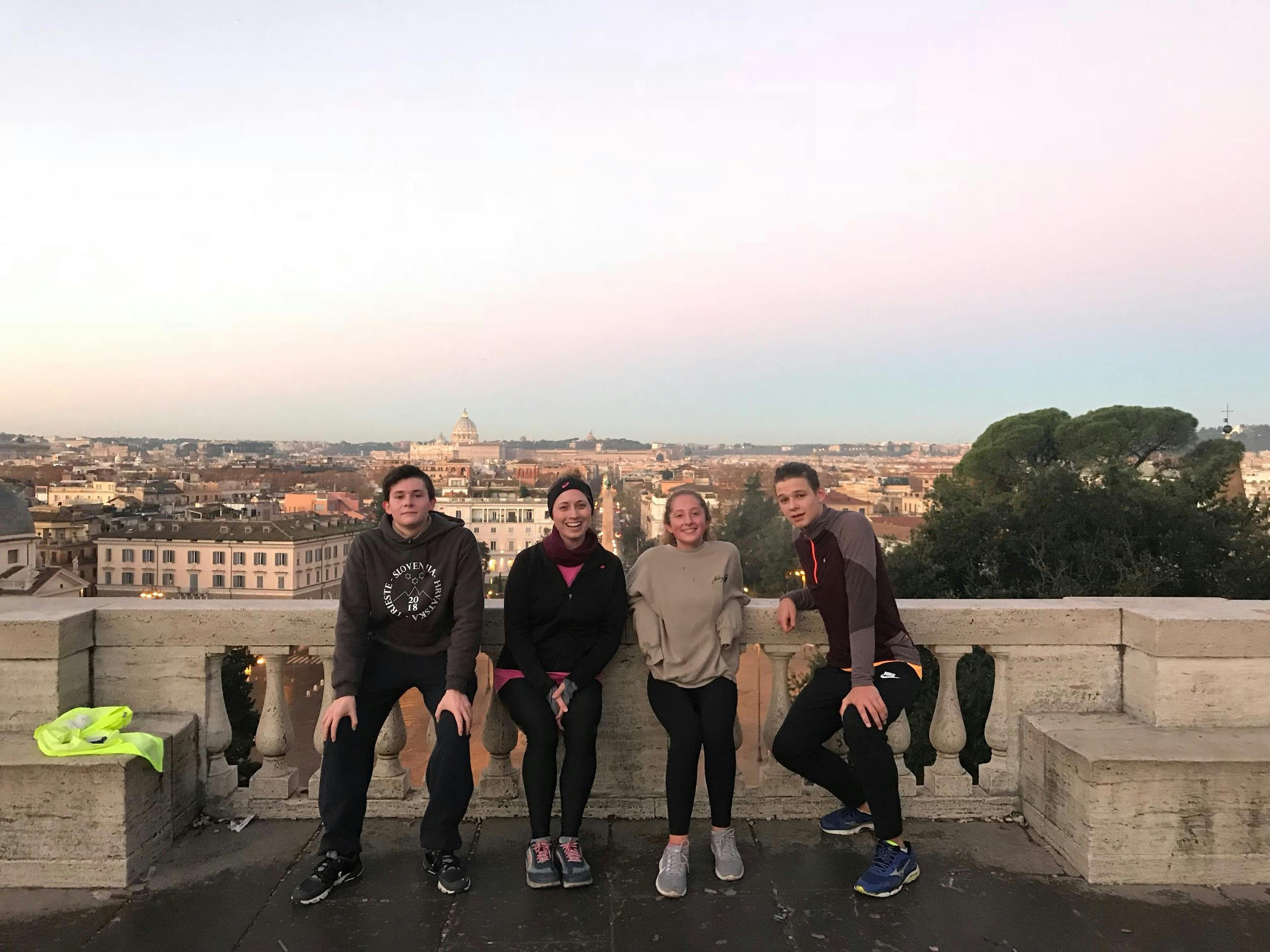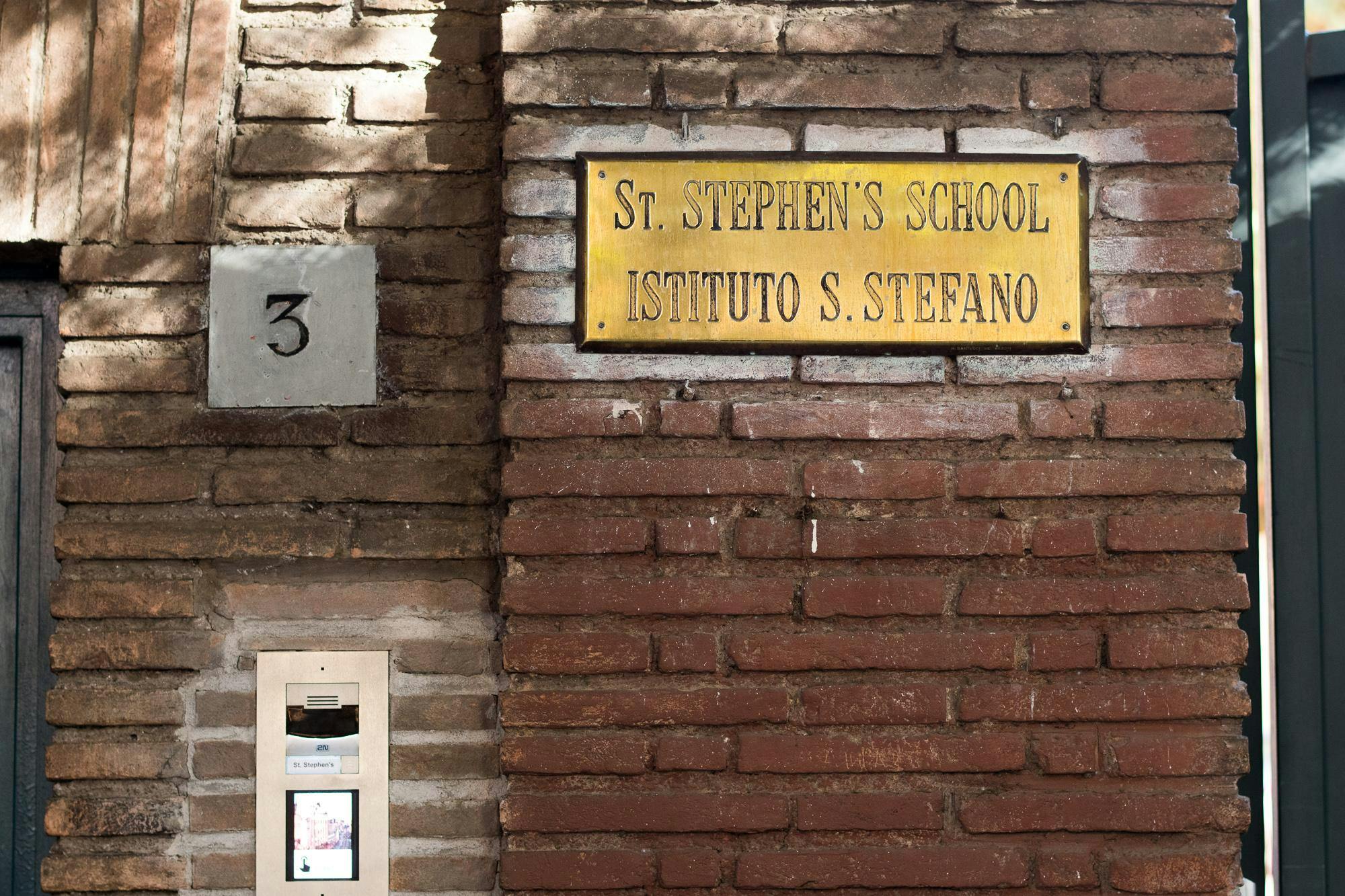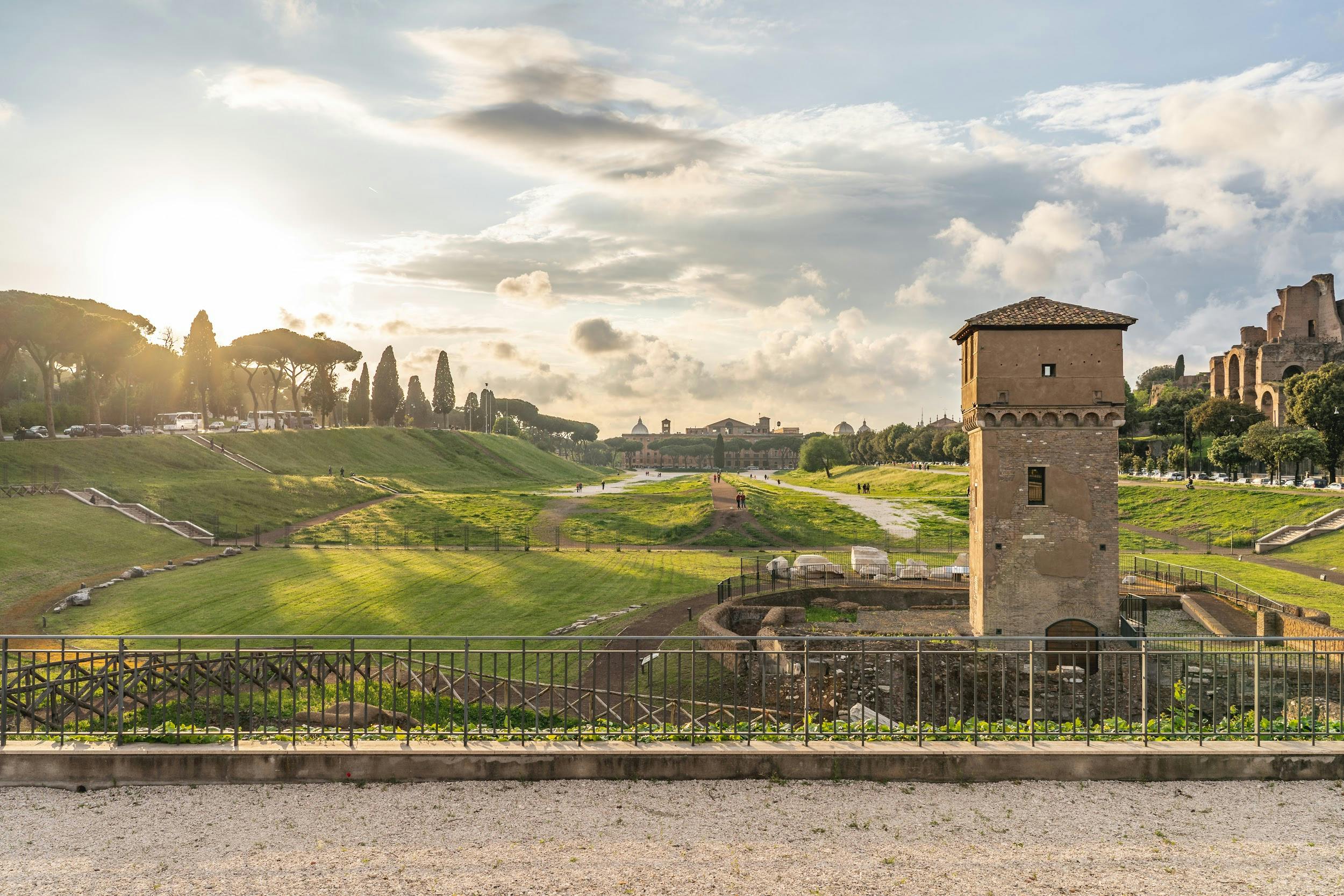
How St. Stephen’s Transformed Me
It’s not only in the academics which SSS shines, however, once I was acquainted with the school during my freshman year it was clear to me that the sense of community was one of the most critical drivers for students. This school truly transformed me for the better, and every one of my classmates throughout those four brilliant years.
The First Day
I remember my first day as if it was yesterday. I was standing in the cortile looking around to see if I could recognize any familiar faces. That day during the many activities which the school had planned for us, I familiarized myself with the feeling of moving outside of my comfort zone. At first, I was scared that it would be hard for me to make new friends by moving into a new school; however, it was clear to me that in this school the sense of community is incredibly strong. I would have sophomores, juniors and seniors introduce themselves and ask me how my day was going, which immediately made me feel included. The faculty also showed how much they cared about their students and gave us fun activities to do so we would get to know each other during our first few days. I moved on from my first year feeling ten times more confident, happy and supported than I had felt before.
Academics
Throughout my time in St. Stephen's, I was able to improve my academic skills vastly. Anything from creative thinking for problem-solving to researching capabilities are all things which I learned and practised extensively. It was here that I developed my passion for biological sciences, and thanks to the IB programme I was able to channel this passion and pursue a degree in Biotechnology in the UK. This school taught me to think critically when presented with a complex problem, to scrutinize sources of information both in books and the internet, and also how to properly prepare for exams. This was the foundation for my academic success in university, and I am (to this day) incredibly happy with the way I was prepared for this challenging endeavour.
Personal Growth
Personally, the time which I spent in St. Stephen’s helped me develop a more understanding, caring and brave character which I did not have before coming here. Caring for the school community and how the community cared for me was a very strong driving factor in my personal growth. Throughout the four years, there were many ups and downs, but the most important thing that I learned is how to take these experiences and learn from them in order to move forward. Furthermore, I also began to learn the importance of being independent and managing my own time, assignments and deadlines. This was incredibly helpful for me, especially as once you move to university, the amount of responsibilities grows substantially. I felt well prepared and ready to tackle the responsibilities ahead.
Social Perspectives
Being part of such a culturally diverse community really opened my mind about the world. I had friends who had travelled quite far to come here, both as day students and in boarding. The best thing was that everyone brought something different to the table, and so with this, I was able to build some very strong friendships that are still important to me to this day. Because of the small size of the school, it was easy to get to know everyone despite the age differences. The various clubs and volunteering opportunities hosted by St. Stephen's also helped me develop a sense of social responsibly towards the community, which, to this day, is still very relevant in my life.
Conclusion
St. Stephen's is so much more than a high school for me, and I think I speak for everyone when I say that this is truly a special place. The faculty, students and staff bring this place together into one close-knit community that keeps growing every year. It allowed me to grow into the person I am now; it gave me the courage to pursue my passions and the skills and abilities that I need to have a successful career.
David Rosales is an alumnus of St. Stephen's School, Rome, Italy. He graduated in 2019 with a BSc Hons in Biotechnology from the University of Manchester.



